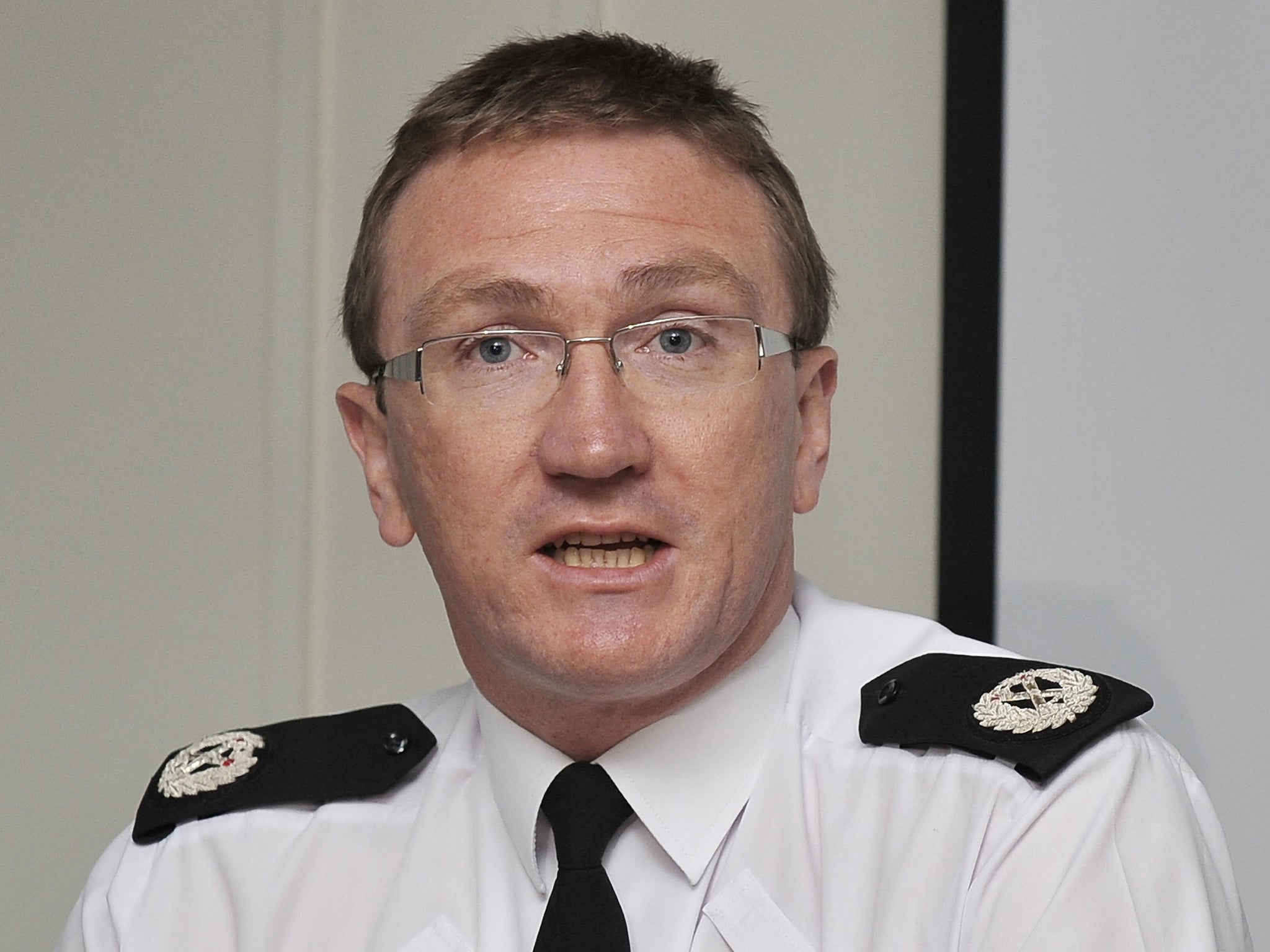Chief constable sounds warning over 'thought police'
Ian Hopkins, of Greater Manchester Police, said police were treading a 'very thin line' between enforcing the new rules on the one hand and allowing free speech and peaceful protest on the other

A chief constable has warned that officers could become viewed as “thought police” unless they use new powers under the Government’s counter-extremist strategy carefully.
Ian Hopkins, of Greater Manchester Police, told The Guardian that police were treading a “very thin line” between enforcing the new rules on the one hand and allowing free speech and peaceful protest on the other.
The new measures, designed mainly to prevent Islamist extremism from spreading, could result on mosques being ordered to close, groups being banned and individuals issued with “disruption orders”.
Mr Hopkins, who replaced Sir Peter Fahy this week, said the strategy could have far-reaching effects.
“It’s not just about counter-extremism, it’s also about protests. We are in a very difficult position,” he said.
“We tread a very thin line in terms of making sure people can air views, there can be proper debate, that people can protest peacefully.
“For me that’s the real challenge, just making sure that police maintain that line and don’t become the thought police because that’s dangerous.”
He expressed the hope that the public would recognise “the signs of when things are not right and when people are appearing to be radicalised” and tell the police.
However Mr Hopkins stressed that officers should be careful when deciding to take action.
“We always have to be careful with intelligence we’re given. You don’t just respond to the first piece of intelligence unless it’s absolutely nailed on and you’ve got to do something immediately,” he said.
“It’s that background analysis of what we’re being told and not just reacting to every piece of intelligence as soon as it walks through the door.”
